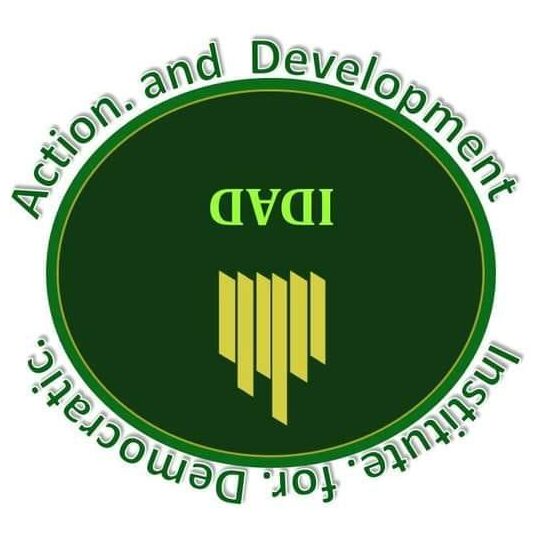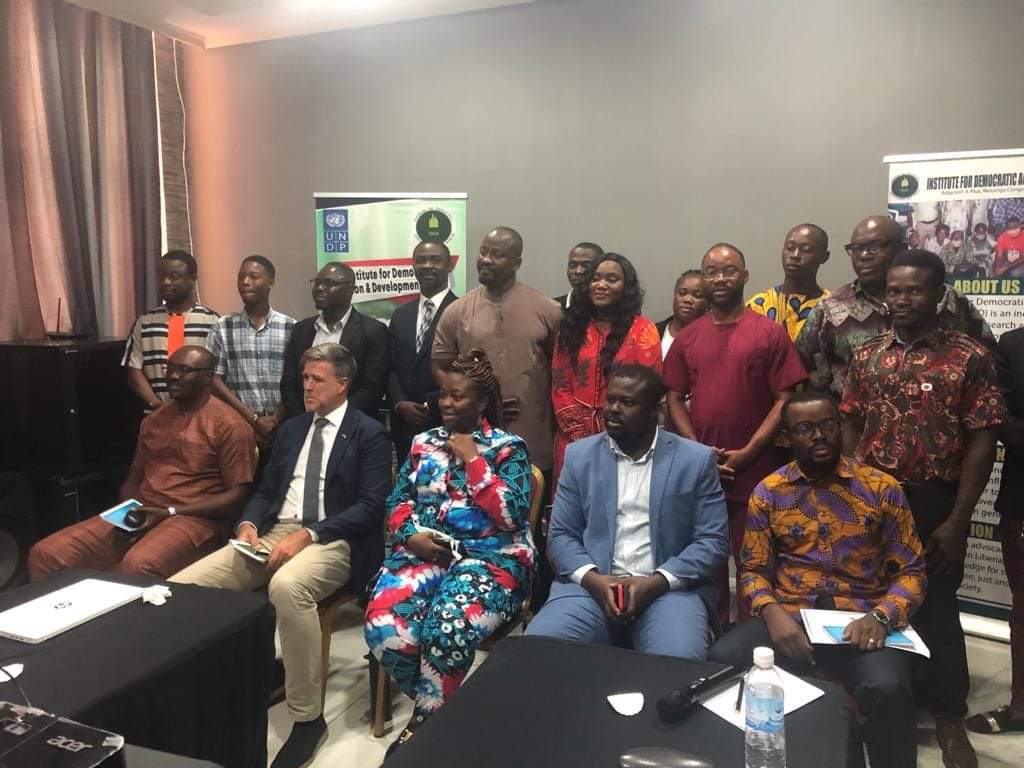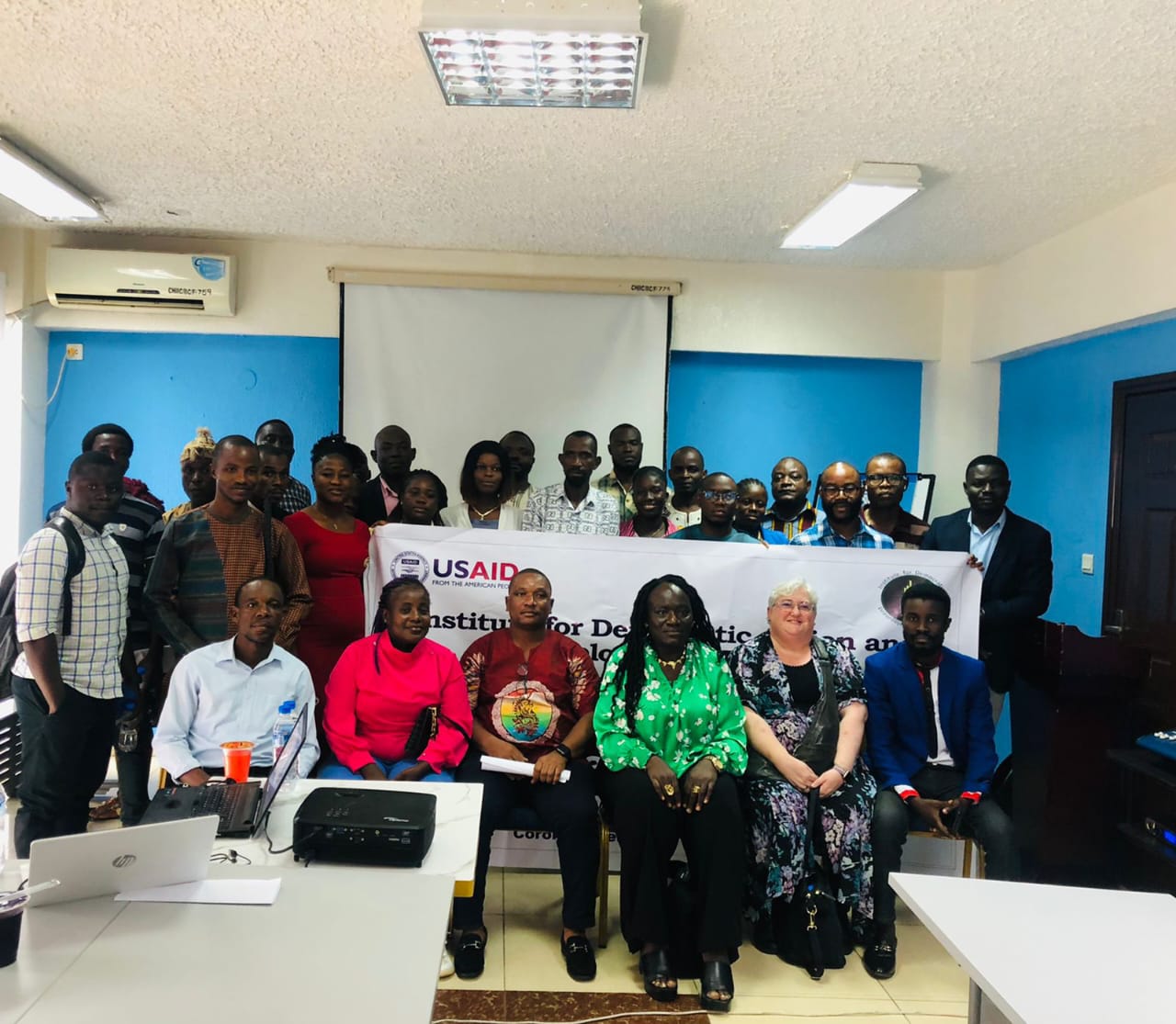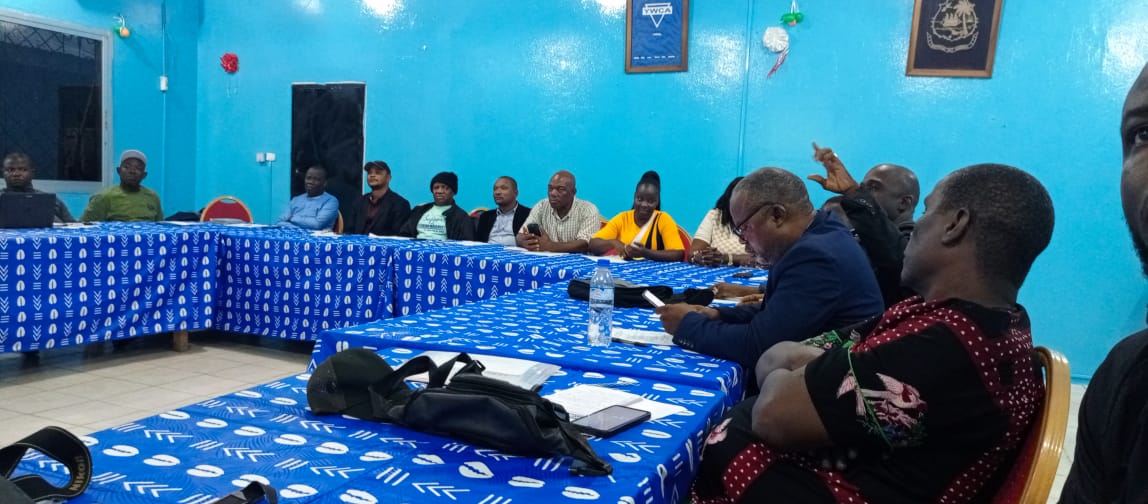The Institute for Democratic Action and Development (IDAD) recently held a National Policy Dialogue centered on the Citizens Feedback Mechanism and the Decentralization process in Liberia. This timely event brought together policymakers, local government officials, civil society leaders, community representatives, and international partners to discuss the critical role of citizen participation and decentralization in strengthening governance and service delivery.
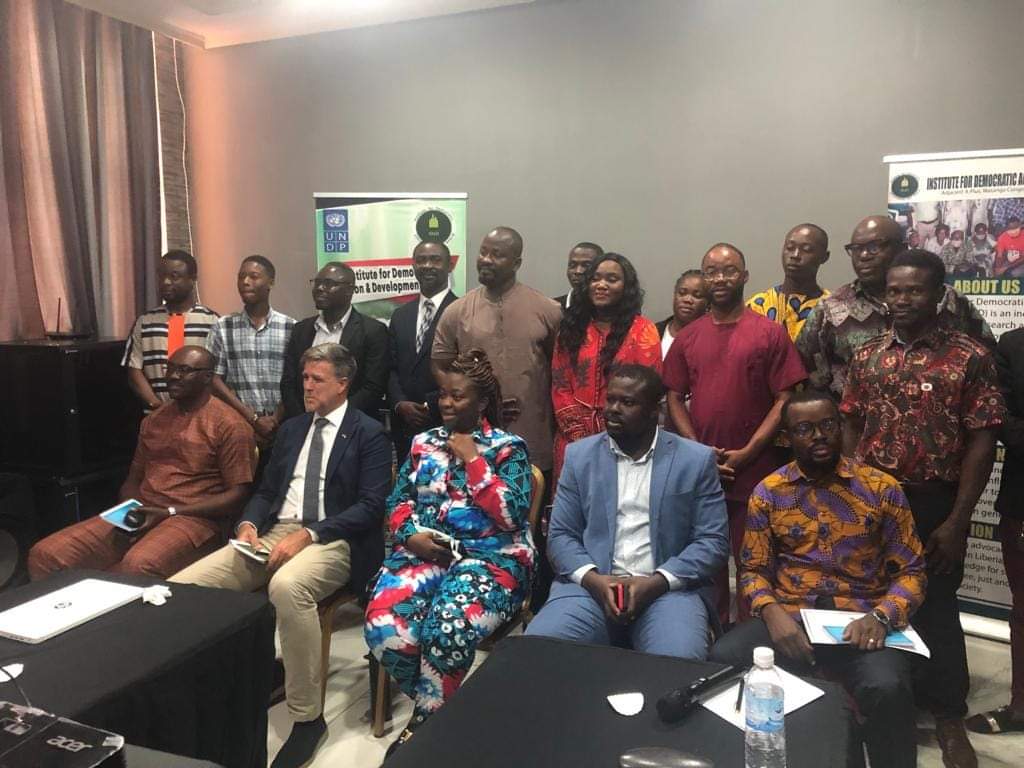
The Policy Dialogue, held in Monrovia, focused on two key areas: enhancing feedback mechanisms to ensure citizens’ voices are heard and advancing Liberia’s decentralization efforts to bring government services closer to the people. Both elements are essential to improving transparency, accountability, and the efficiency of public service delivery across the country.
One of the primary objectives of the dialogue was to assess the current state of citizen engagement in governance. Participants highlighted that for government policies to be truly effective, there needs to be a clear, accessible, and responsive feedback system where citizens can express their concerns, make suggestions, and hold public institutions accountable. IDAD emphasized the importance of establishing robust platforms that allow citizens, particularly those in rural and marginalized areas, to actively participate in decision-making processes.
The dialogue also addressed the ongoing decentralization process in Liberia, which aims to shift more power and resources from the central government to local authorities. Decentralization is seen as a critical reform for improving service delivery, fostering local development, and empowering communities. However, participants noted challenges such as insufficient capacity at the local level, limited funding, and the need for stronger coordination between central and local governments.
Through interactive sessions and expert presentations, the dialogue provided a space for stakeholders to exchange ideas on how to improve the decentralization process and build stronger citizen feedback mechanisms. There was a consensus on the need for continuous capacity-building for local governments, increased public awareness of decentralization policies, and the integration of digital tools to facilitate easier and more effective citizen-government interactions.
Participants also explored the role of civil society organizations in monitoring the implementation of decentralization policies and advocating for inclusive governance. It was agreed that civil society has a vital role in bridging the gap between government and communities, ensuring that the decentralization process is transparent and benefits all Liberians.
The dialogue concluded with a set of recommendations, including the need for more extensive public education on decentralization, the establishment of feedback channels at every level of government, and the allocation of resources to ensure that local governments have the capacity to effectively deliver services.
IDAD reaffirmed its commitment to promoting good governance and empowering citizens to actively participate in shaping policies that affect their lives. The organization will continue to engage with stakeholders to ensure that the insights and recommendations from the dialogue are translated into concrete actions that strengthen decentralization and citizen engagement in Liberia.
